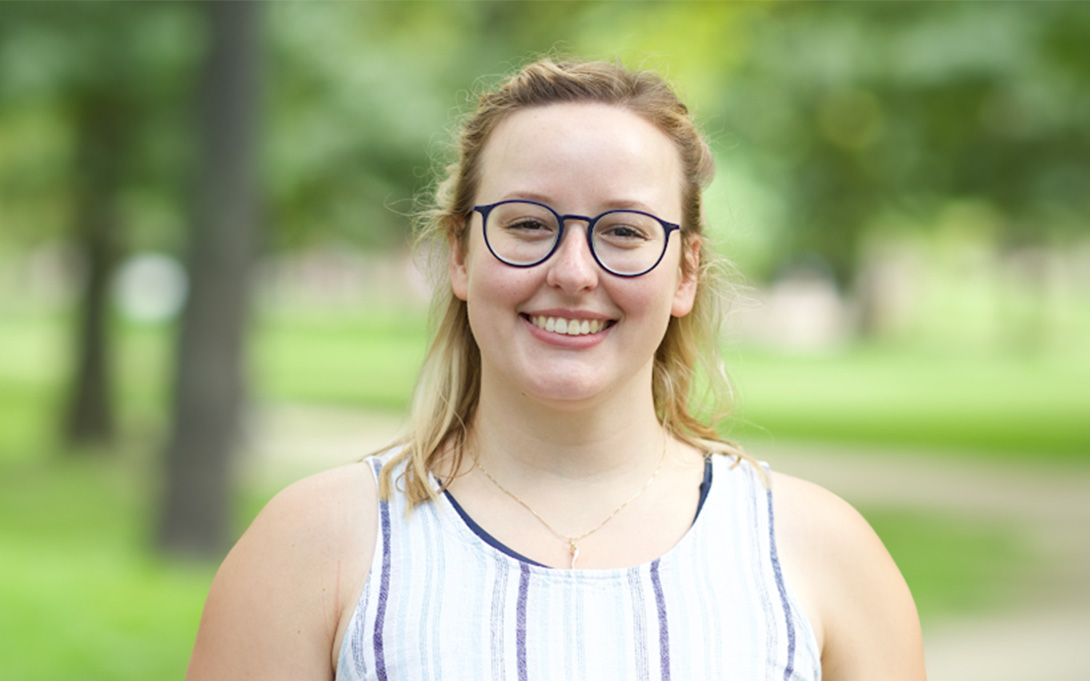
By Christina Del Greco, PhD Student in Genetics and Genomics
The American Society of Gene and Cell Therapy (ASGCT)’s annual Policy Summit is a two-day event in Washington, D.C. (September 18-19, 2023) that brings together academic, government, industry, and nonprofit voices in the cell and gene therapy (CGT) policy space. I had the chance to hear from a wide variety of highly-regarded experts, including Dr. Nicole Verdu, Director of the FDA’s CBER Office of Therapeutic Products, and Dr. Renee Wegryzn, Director of ARPA-H, on the ways that they are approaching addressing CGTs in their own work.
Some of the policy issues discussed included: navigating public-private partnerships in developing CGTs; managing CGT manufacturing challenges; involving patients and patient advocacy organizations in the development of CGTs at different stages; addressing the many access issues patients experience while trying to obtain CGTs. I also learned far more about the complexities of health insurance coverage than I expected. For example, CGTs are extra-complicated not only in terms of whether insurance will cover them, but also where insurance will cover them. Some treatments are so specialized that you have to go out of state to receive them, but if insurance programs don’t cover out-of-state care, this becomes particularly difficult for patients to navigate.
This event also brought to my attention the different employment options in CGT policy. I networked with many industry employees who work in policy, regulatory affairs, and global affairs related to CGTs, and gained a better sense of what CGT policy from the industry side currently looks like. For example, there was a panel on patient-focused drug development and the importance of including patients in the drug development discussion, even though the logistics of doing so are relatively unclear. This was an issue I was unfamiliar with, but something I’d potentially be interested in pursuing in a career.
Overall, this event broadened my understanding of the CGT policy field in a way that is allowing me to reflect on what, exactly, I want to do with my future career in science policy, and introduced me to multiple useful connections that I hope to be able to use down the road once I’m closer to graduating. This was also my first experience with ASGCT, so I also learned about resources and opportunities available through this scientific society. I would definitely recommend students interested in CGT policy to attend this event, or something similar in an academic society more related to their own field, to help them learn about the different facets of—and career opportunities in—science policy in their field.
